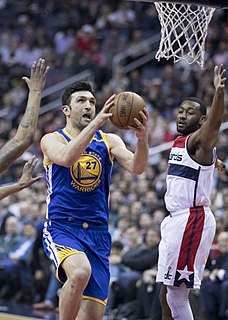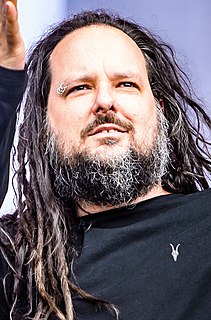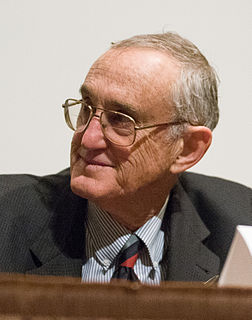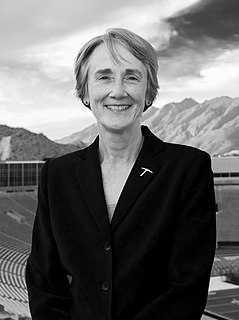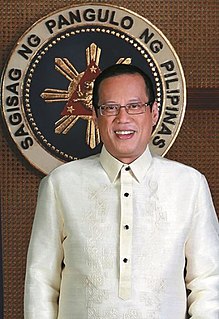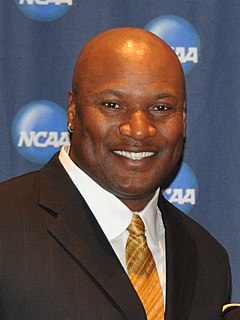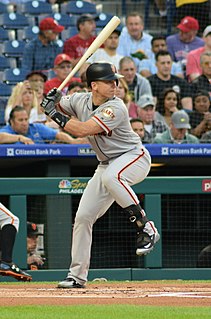A Quote by Zaza Pachulia
One of the best highlights of my Harvard business program I attended was I had 60 students in my class. I was the tallest, of course, but looking at the students, 30 of them were American and 30 of them were from all over the world.
Related Quotes
There were 33,000 missing Hillary [Clinton] emails. Nobody could find them. She claimed she deleted them. She handed over 30,000 to the State Department. They had them. They analyzed them. There are 30,000 she deleted. But people claimed that they had them. Like Kim Dotcom and there were others, that claimed they knew where they were, but nobody could produce them.
I spend quite a bit of time thinking about my students. I look at them, at their work, I listen to what they tell me, and try to figure out who they might become in the best of all possible worlds. This is not easy. Students try to give you clues; sometimes they look at you as if imploring you to understand something about them that they don't yet have the means to articulate. How can one succeed at this? And how can one do it 20 times over for all the students in a class? It's impossible, of course. I know this, but I try anyway. It's tiring.
I often suggest in workshops that if you have 30 students in your American History course in 11th grade, or whatever grade level, that you maybe triple them up. You put, and have them choose, let's say 11 different Native American cultures. Maybe you give them a list of 15 and they choose 11 of those 15 so that they have some choice in the matter.
When I was teaching at an institution that bent over backward for foreign students, I was asked in class one day: "What is your policy toward foreign students?" My reply was: "To me, all students are the same. I treat them all the same and hold them all to the same standards." The next semester there was an organized boycott of my classes by foreign students. When people get used to preferential treatment, equal treatment seems like discrimination.
Everyone praises Harvard 'for the students.' But what makes Harvard's students so great is that they are, in many ways, a cross-section of the larger world. They are normal people who happen to be excellent, and this sets them apart. People who go to Yale go because they want to attend Yale. People who go to Harvard go because they can.
Following graduation from high school in 1948, I attended Harvard University where I became a physics major. Having grown up in a small town, I found Harvard to be an enormously enriching experience. Students in my class came from all walks of life and from a great variety of geographical locations.
Communism wasn't a word that I thought of when I went to Cuba. The original Fidelistas were not Communists. They were graduate students at the university and law students. After the Fidelistas took over, they went to Washington and tried to get support from the U.S. government, which turned them down. They were in a desperate political and economic situation, so they took the offer from the Soviet Union. Communism was a matter of necessity.
Unlike many graduate fellowships, the Rhodes seeks leaders who will 'fight the world's fight.' They must be more than mere bookworms. We are looking for students who wonder, students who are reading widely, students of passion who are driven to make a difference in the lives of those around them and in the broader world.
But all was not sunshine and Marvin Gaye songs. [UCLA] also recruited black students as part of a High Potential Program that was meant to bring diversity to the campus. Two of the students that were part of that program were Alprentice "Bunchy" Carter and John Huggins, Jr., both members of the Black Panther Party's Southern California Chapter.
When I was a congressman, I had occasion to talk to this group of students who were taking their seat. There were about 80 of them and I asked them, 'How many of you will be serving in the country once you graduate?' And, out of the 80, there were two that raised their hands. The rest were thinking of leaving.
